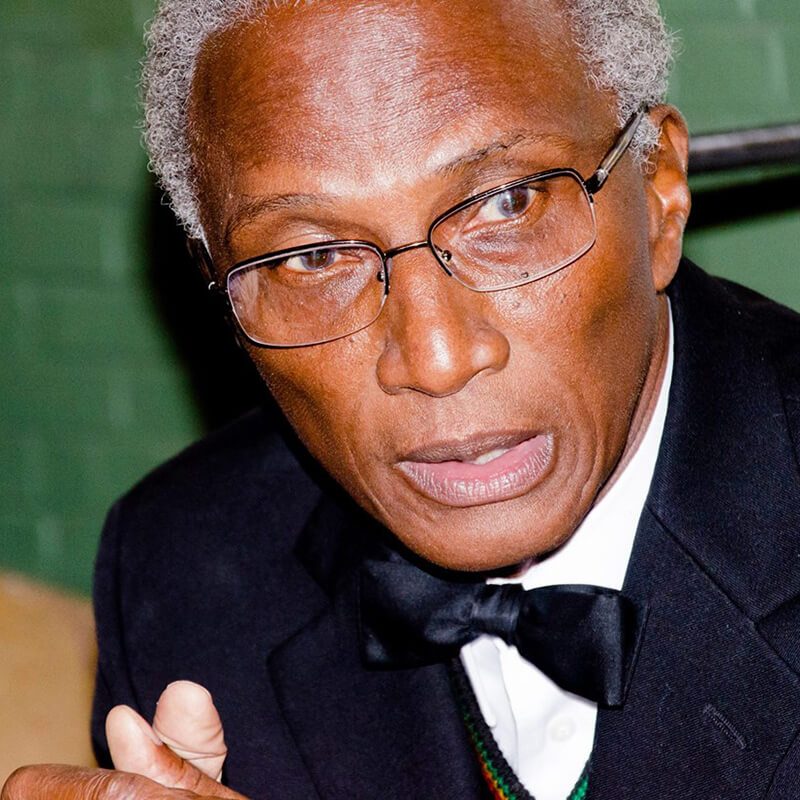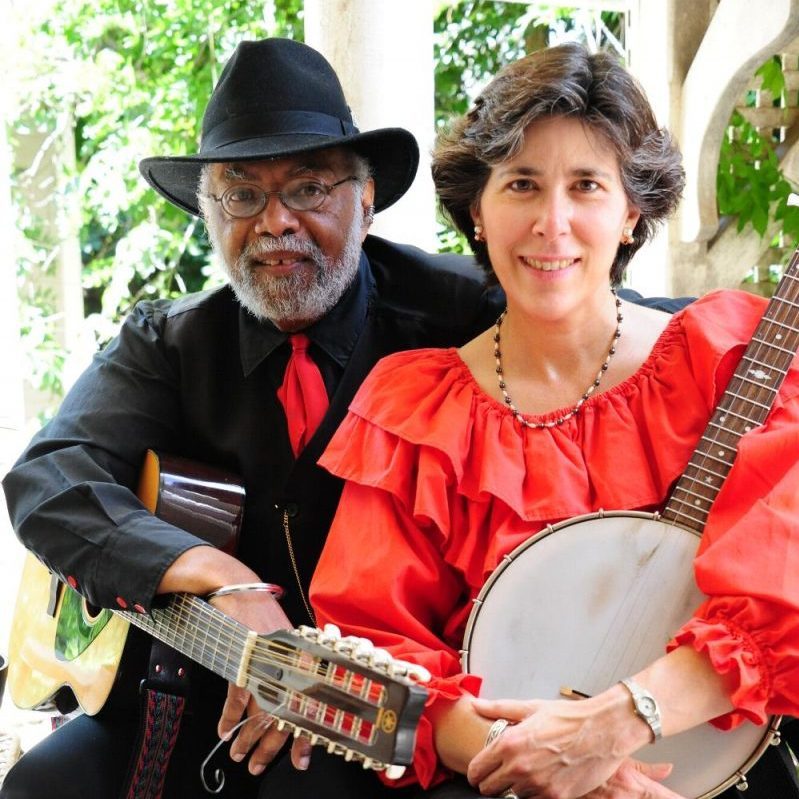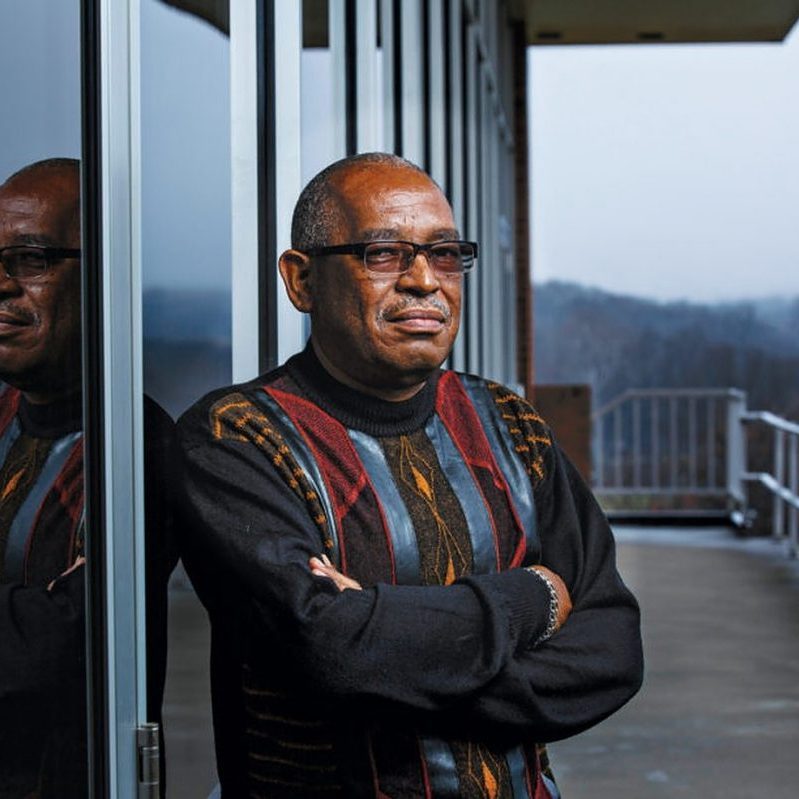The end of the Civil War granted ascendancy of industry over agriculture. This economic shift in the American ideal gave birth to a new generation of American capitalist focused on exploiting rich Appalachian resources exposed during the Civil War. The need for profits and power over-shadowed ideas of American individualism, concepts of self-sufficiency, and concern for human conservation. A new America was on the rise. Storytellers and musicians, Rhonda and Sparky Rucker; adjunct history professor, Andrew Baskin of Simmons College of Kentucky (Kentucky’s only private HBCU;) and Dr. William Turner, Director of Education at the Appalachian African-American Cultural Center present a discussion exploring “profit and power” in Appalachia. The discussion is facilitated by Freedom Stories Project Director, Dr. Alicestyne Turley, and includes live Q&A with our viewing audience.
Black Coal Miners
Profit and Power: Company Towns and the Exploitation of Appalachia
Closed Captioning is available by clicking the “CC” button on the bottom right of the screen.
Panelists

Panelist
Dr. William H. Turner, PhD
Harlan County, Kentucky native; consultant to non-profits serving marginalized communities; and Director of Education for the Appalachian African American Cultural Center, Bill is the fifth of 10 children, born in...

Panelist
Sparky and Rhonda Rucker
Sparky and Rhonda Rucker deliver uplifting presentations of toe-tapping songs spiced with humor, history, and tall tales. Their music includes a variety of old-time blues, Appalachian music, slave songs, and...

Panelist
Andrew Baskin, MA
Andrew Baskin is an Professor of History at Kentucky’s only private HBCU (historically black college or university), Simmons College of Kentucky in Louisville, teaching Western Civilization and African American History...
Hear from retired Kentucky coal miners Rutlyn Melton, Roy Stevens, and Gene Austin as they recount life and work in the coal town of Lynch, Kentucky during the mid-20th Century.
Like this article?
Share on Facebook
Share on Twitter
Share on Linkdin
Share on Pinterest


